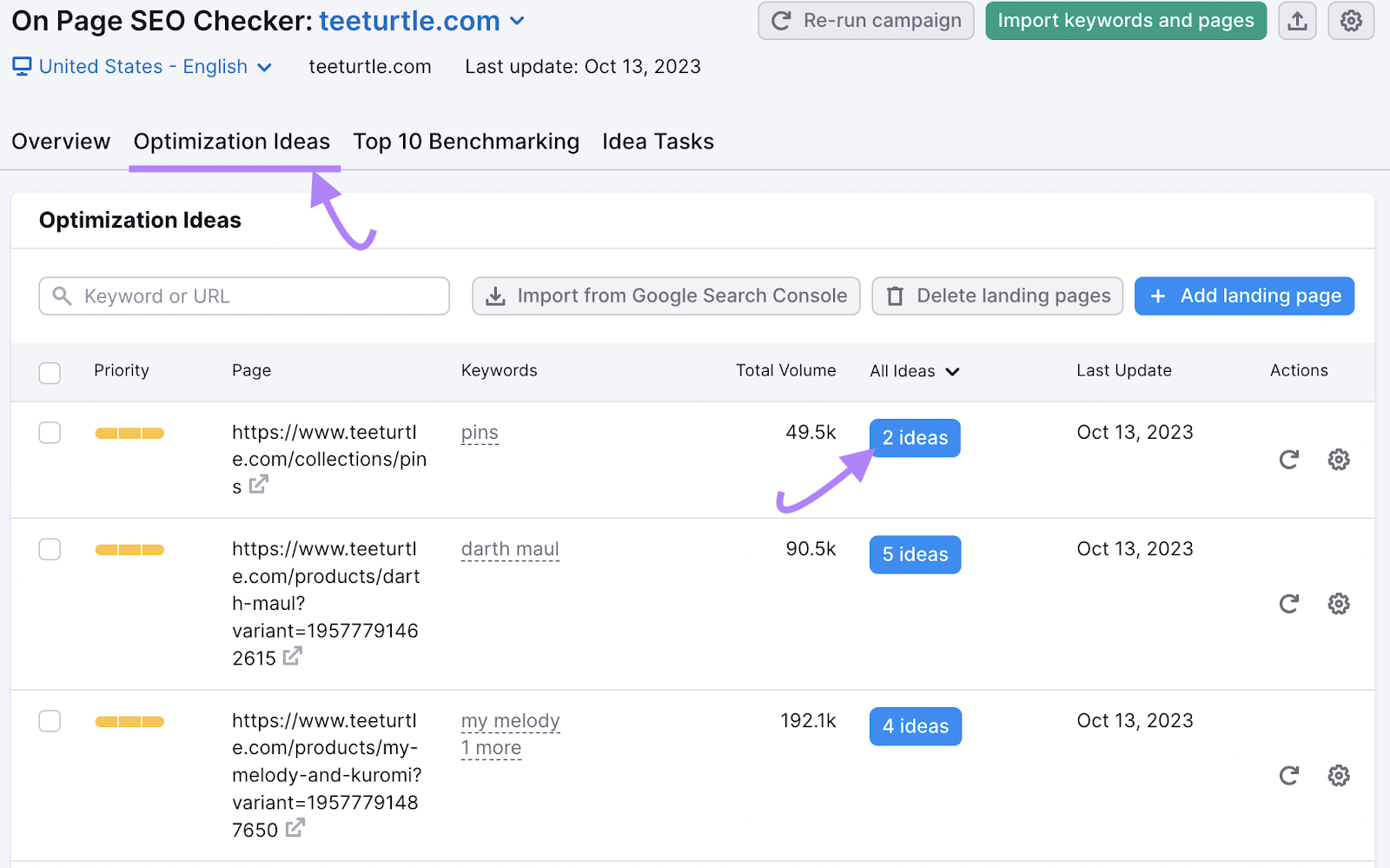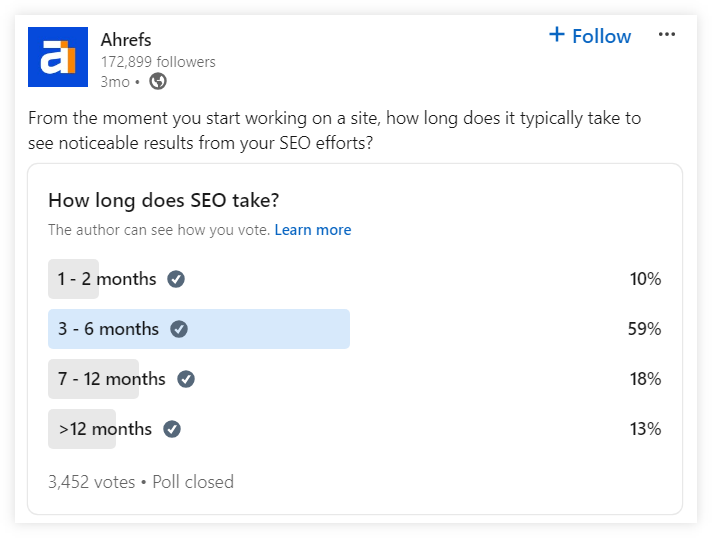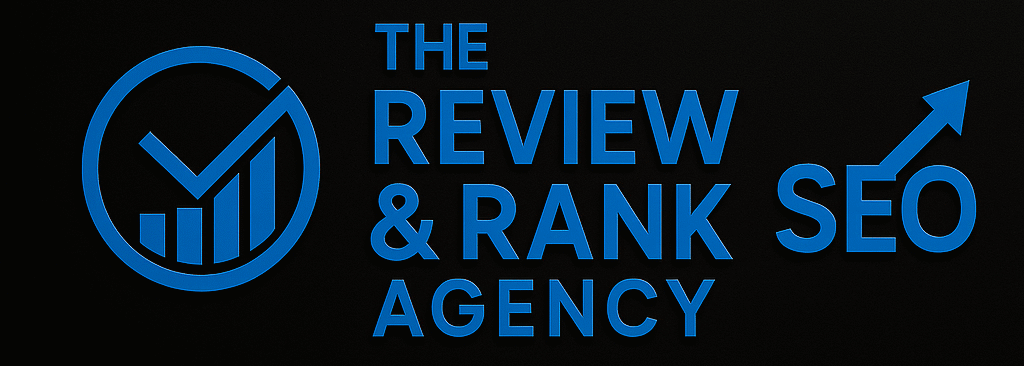Are you tired of waiting to see results from your website’s SEO efforts? You’re not alone.
Many website owners eagerly anticipate the moment when their site will rise in search engine rankings, attracting more visitors and potential customers. But how long does it really take for SEO to work? It’s a question that keeps many up at night, and the answer isn’t as straightforward as you might hope.
However, understanding the timeline and factors involved can help you manage your expectations and craft a more effective strategy. Before you dive deeper, imagine the relief of seeing your website finally climb to the top of search results. Picture the increased traffic, the surge in sales, and the growth of your online presence. Read on to discover the real timeline of SEO success and what you can do to speed up the process. You’re about to unlock the secrets to getting the SEO results you crave.

Credit: www.youtube.com
Factors Influencing Seo Timeline
Understanding how long SEO takes to work involves knowing key factors. Each element influences the timeline differently. Some factors speed up the process. Others slow it down. Recognizing these can help set realistic expectations.
Website’s Current State
The starting point matters. A new website with no SEO history takes longer. An established site with some SEO may see faster results. Analyzing the current state helps predict the timeline.
Quality Of Content
Content quality plays a big role. Unique, relevant content ranks better. Poor content leads to slower progress. High-quality content can improve visibility quickly. It attracts users and search engines alike.
Competition Analysis
Competition affects SEO timelines. High competition means more effort is needed. Low competition can lead to quicker results. Analyzing competitors helps in crafting effective strategies.
Technical Seo Health
Technical health of a site is crucial. Issues like slow loading speed can hinder progress. A well-optimized site sees faster improvements. Regular audits ensure technical issues are addressed.
Backlink Profile
Backlinks impact SEO timelines. A strong backlink profile boosts authority. It can speed up ranking improvements. A weak profile may slow down progress. Building quality backlinks is essential.

Credit: www.semrush.com
Seo Strategies And Their Impact
Understanding the impact of SEO strategies on your website is crucial for achieving long-term success. You might wonder how soon your efforts will bear fruit. The truth is, SEO is not a quick fix; it’s a marathon, not a sprint. But with the right strategies, you can steadily improve your site’s visibility and rankings. Let’s explore some key strategies and their potential impacts on your SEO timeline.
On-page Optimization
On-page optimization lays the foundation for your SEO efforts. It’s about making sure your content is relevant and your pages are easy to navigate. Simple tweaks like improving title tags, using keyword-rich headings, and enhancing meta descriptions can make a big difference. When I updated my website’s on-page elements, I noticed a gradual increase in organic traffic within a few months. Have you optimized your content effectively?
Off-page Techniques
Off-page techniques, like backlink building, are crucial for boosting your site’s authority. Quality backlinks can take time to acquire, but they significantly improve your rankings. Consider guest blogging or collaborating with influencers in your niche. These strategies helped my site gain credibility and a wider audience. Which off-page strategies are you currently using?
Local Seo Considerations
Local SEO is essential for businesses targeting specific geographic areas. Ensure your business information is consistent across all online directories. Update your Google My Business profile with accurate details and engaging photos. When I focused on local SEO, my business experienced increased foot traffic and inquiries from nearby customers. Are you leveraging local SEO to reach your community?
Mobile Optimization
With more users browsing on mobile devices, mobile optimization is non-negotiable. Ensure your website is responsive and loads quickly. Google prioritizes mobile-friendly sites in search rankings. When I optimized my site for mobile, I noticed a significant drop in bounce rates and an increase in engagement. Is your website mobile-friendly?
SEO is a journey, but with consistent effort and the right strategies, you’ll see progress. What changes will you make today to improve your SEO impact?
Short-term Vs Long-term Results
Understanding SEO timelines involves differentiating short-term and long-term results. Immediate changes may appear within weeks, like slight rankings improvement. Long-term SEO efforts, such as quality backlinks and content optimization, typically show significant impact over several months.
When you’re diving into the world of SEO, one burning question likely looms large: How long will it take to see results? The reality is that SEO is not a sprint; it’s a marathon. There’s a delicate balance between short-term wins and long-term growth. Understanding the differences between these can guide your strategy and set realistic expectations.Initial Changes And Quick Wins
In the early days of implementing SEO on your website, you can make some changes that yield quick results. Updating meta titles and descriptions, optimizing images for faster loading times, and fixing broken links are straightforward tasks. These actions can lead to slight improvements in your search rankings within weeks. However, don’t expect these changes to catapult your site to the top of search results overnight. They are more like small stepping stones on your path to greater visibility. The key here is to keep your focus on user experience and relevance.Building Sustainable Growth
SEO’s true power lies in building sustainable growth. This involves creating high-quality content that resonates with your audience and earns backlinks over time. Regularly updating your blog with fresh, relevant posts can gradually enhance your authority. Consider the story of a small business owner who consistently published valuable content over a year. They didn’t see much movement at first, but eventually, their persistent efforts paid off. Their site now ranks highly for multiple keywords, driving a steady stream of organic traffic. Remember, patience is crucial. Sustainable growth is about playing the long game and understanding that your efforts today may not bear fruit until months down the line.Monitoring Progress And Adjustments
SEO is not a set-and-forget strategy. Regular monitoring and adjustments are critical to your success. Use tools like Google Analytics to track your site’s performance and identify areas for improvement. Ask yourself: Are you targeting the right keywords? Is your bounce rate higher than expected? By answering these questions and making necessary adjustments, you can fine-tune your strategy. It’s important to remain flexible and open to change. SEO trends evolve, and so should your tactics. If something isn’t working, pivot quickly to avoid wasting time and resources. Ultimately, understanding the balance between short-term results and long-term growth allows you to create a more effective SEO strategy. Which approach resonates with your goals: quick wins or sustainable growth?
Credit: mangools.com
Common Challenges And Misconceptions
Understanding SEO’s timeframe can be challenging. Many expect quick results, but SEO is a long-term strategy. Misconceptions often lead to frustration when immediate changes aren’t visible. Patience and consistent efforts are key to seeing improvements over time.
When diving into the world of SEO, many people find themselves caught between what they expect and the reality they face. It’s easy to get frustrated when results don’t come as quickly as anticipated. Let’s explore some common challenges and misconceptions that might be holding you back from achieving SEO success.Expectations Vs Reality
Many expect immediate results once they implement SEO strategies. The truth is, SEO is a long-term game. It’s common to see little to no change in the first few weeks or even months. This can be discouraging, but patience is key. Think of SEO as planting a garden. It requires time, care, and consistent effort to see growth.Algorithm Updates
Google’s algorithm updates can feel like sudden storms disrupting your SEO plans. They can shift rankings overnight and make your site less visible. Staying informed is crucial. Regularly check for updates and adapt your strategy accordingly. This flexibility will help you remain resilient when changes occur. Have you ever adjusted your approach after a surprise update?Resource Allocation
Allocating resources is another common challenge. SEO requires time, manpower, and sometimes financial investment. Many businesses underestimate the effort needed. It’s not just about writing content; you need research, optimization, and consistent monitoring. Consider what resources you can realistically dedicate. Could reallocating some tasks to different team members help? By addressing these challenges head-on, you can better manage your SEO expectations and strategies. What steps will you take to overcome these obstacles?Tools And Techniques For Tracking Seo Progress
Tracking SEO progress involves using tools like Google Analytics. They help monitor website traffic and keyword performance. Techniques include regular audits and keyword analysis to measure effectiveness over time.
Tracking your SEO progress can feel like watching grass grow. You know it’s happening, but the change is often slow and subtle. However, with the right tools and techniques, you can get a clearer picture of how your website is performing and make informed decisions to boost your rankings. Here, we’ll explore some key methods to keep your SEO efforts on track and your patience intact.Analytics Platforms
Google Analytics is a powerhouse for tracking SEO success. It helps you see which keywords are driving traffic to your site. You can monitor user behavior, such as how long they stay on your page and where they go next. Another handy tool is Google Search Console. It provides insights into how your site appears in search results. You can check which queries are bringing users to your site and identify any indexing issues. Do you use any analytics tools? They can transform abstract numbers into actionable insights, guiding your next SEO move.Seo Auditing Tools
SEO auditing tools like SEMrush and Moz can highlight areas for improvement. They analyze your site’s health, checking for broken links, duplicate content, and missing meta tags. These tools often provide an SEO score, giving you a quick snapshot of your site’s performance. They also suggest specific actions to enhance your SEO strategy. Have you performed an SEO audit recently? It might reveal hidden obstacles slowing your progress.Competitor Monitoring
Keeping an eye on your competition can offer valuable insights. Tools like Ahrefs and SpyFu allow you to track competitors’ keywords, backlinks, and content strategies. Understanding what works for others in your industry can inspire your SEO tactics. It can also help you identify gaps in your own approach. Are you aware of your competitors’ strengths and weaknesses? It could be the key to outpacing them in search results. With these tools and techniques, you can effectively track your SEO journey. Remember, while SEO takes time, consistent monitoring and adaptation can lead to significant payoffs.Expert Insights And Case Studies
Delve into expert insights and real-life case studies exploring SEO timelines. Discover how long SEO takes to impact a website’s performance. Understand the factors influencing these timelines through detailed examples and practical insights.
Understanding how long SEO takes to work on a website can be a challenging puzzle. While there’s no one-size-fits-all answer, expert insights and case studies provide valuable perspectives. They help you grasp the nuances and intricacies involved in optimizing your site effectively.Real-world Examples
Experts often share stories from real-world scenarios. Imagine a small business owner who launched a website without any prior SEO experience. They struggled for months to get noticed online. Then, they partnered with an SEO consultant who revamped their strategy. Within six months, their organic traffic increased by 60%. Another example is a blogger who optimized content for specific keywords. They saw gradual improvements in rankings and traffic over a year. These stories illustrate that patience and persistence are essential in SEO.Lessons Learned
What can you learn from these examples? First, SEO is not a quick fix. It demands consistent effort and adaptation. You might need to tweak your strategies based on what’s working and what’s not. Second, tracking your progress is crucial. Use tools like Google Analytics to measure changes in traffic and user engagement. This will guide your adjustments and help you stay on the right path. Finally, remember that SEO success often comes from collaboration. Seeking expert advice or joining online communities can provide fresh insights and techniques.Best Practices
There are some best practices that can accelerate your SEO progress. Focus on keyword research to identify terms that resonate with your audience. This will help you create content that answers their questions. Regularly update your site with fresh and relevant content. Search engines favor websites that are active and informative. Build quality backlinks to establish authority. These links signal to search engines that your site is trustworthy and relevant. Consider optimizing your website’s speed and mobile responsiveness. A fast-loading site enhances user experience and boosts rankings. In your SEO journey, ask yourself: What practical steps can you take today to improve your site’s visibility? Each choice you make contributes to your long-term success.Frequently Asked Questions
How Long Before Seo Shows Results?
SEO typically takes 4 to 6 months to show results. This timeframe can vary based on competition and effort. Initial improvements in rankings can be seen within months. However, achieving significant traffic growth may take longer. Consistency and quality content are key to faster results.
Does Seo Work Immediately After Implementation?
No, SEO does not work immediately after implementation. Search engines need time to index and rank your site. Initial changes may appear within weeks, but substantial results usually take months. Continuous optimization and content updates help in accelerating the process.
Why Does Seo Take Time To Work?
SEO takes time due to the need for search engines to crawl and index. Algorithms evaluate numerous factors like content quality, backlinks, and user experience. Competition and market dynamics also influence the timeline. Patience and consistent effort are essential for lasting results.
Can Seo Results Be Achieved Faster?
Yes, some strategies can speed up SEO results. Focus on high-quality content, technical SEO, and acquiring authoritative backlinks. Regularly updating content and optimizing for user experience can also help. However, avoid black-hat techniques, as they can harm long-term performance.
Conclusion
SEO requires patience. Results don’t appear overnight. It often takes months. Success depends on multiple factors. Website quality, competition, and strategy matter. Regular updates enhance visibility. Monitor progress. Adjust methods as needed. Stay informed about trends. Consistency is vital for growth.
Aim for quality content. Engage your audience. Keep learning and adapting. SEO is a journey, not a sprint. Persistence pays off in the end.
